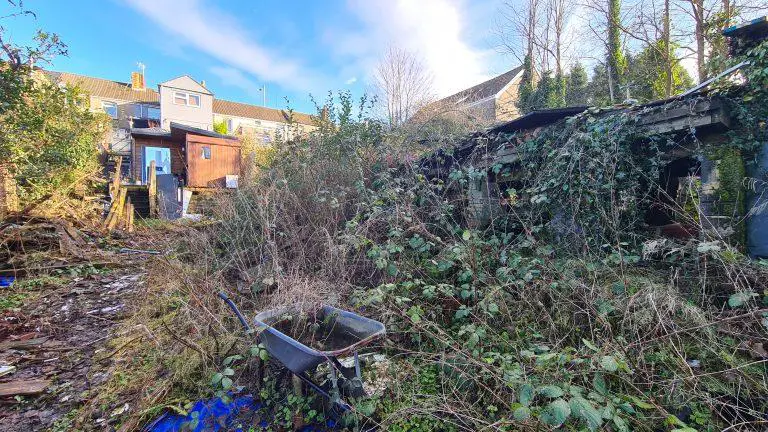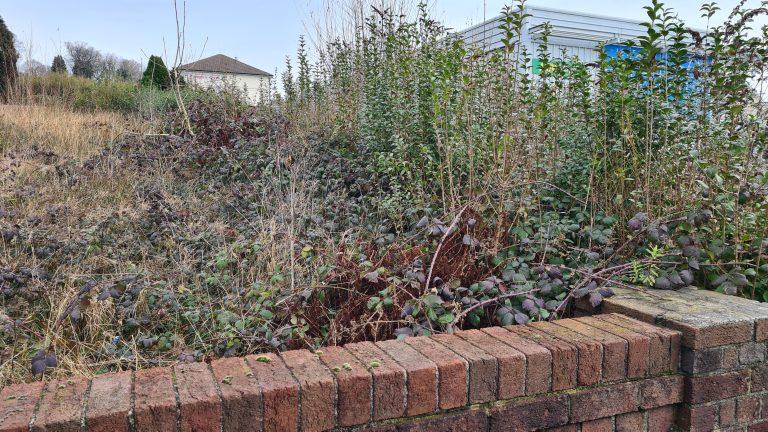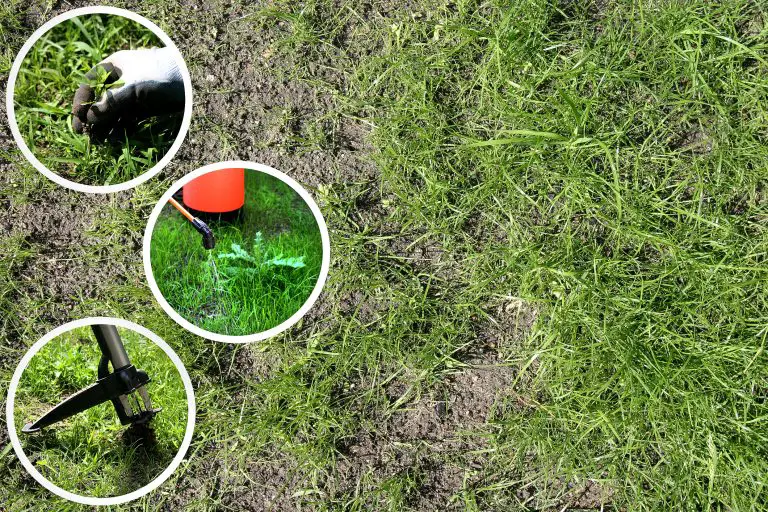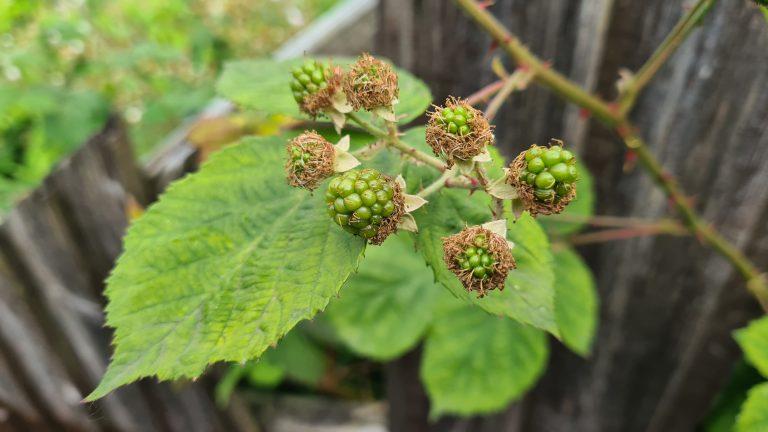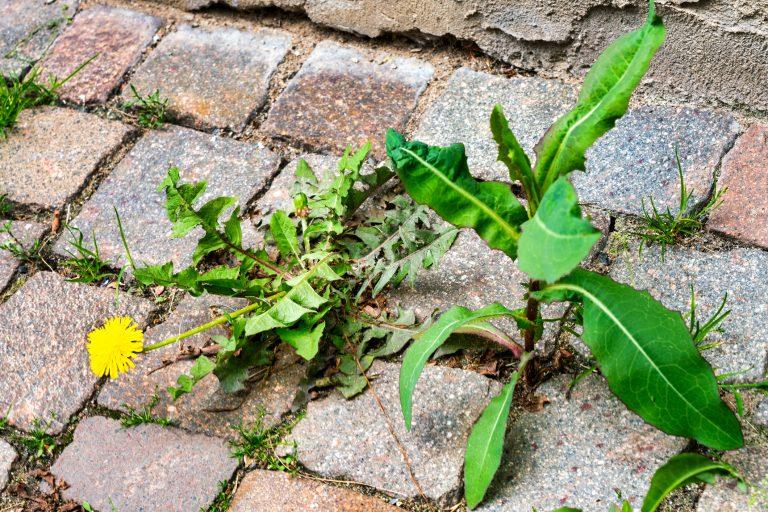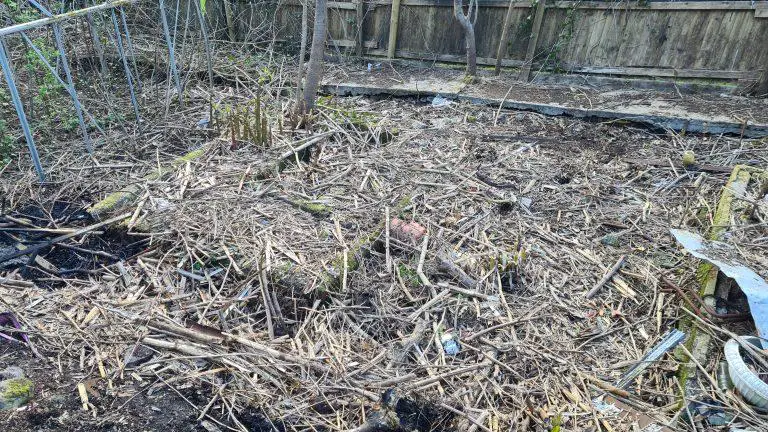Combating invasive non-native species currently costs the UK economy nearly £4 billion, up from £1.7 billion in 2010, according to studies, and includes everything from Japanese knotweed to a fungus that kills ash trees.
- The UK economy is being heavily impacted by invasive non-native species, costing around £4 billion per year, up from £1.7 billion in 2010. This is due to inflation and the establishment of new species in the country.
- The most economically damaging species over the past decade has been the fungus Hymenoscyphus fraxineus, which kills ash trees, costing around £883.5 million. Japanese knotweed is the second most costly species, at £246.5 million.
- The agriculture industry is the most affected, costing the UK economy around £1 billion.
In the UK, there are roughly 2,000 invasive non-native species (Inns), and 12 to 15 new ones proliferate year, contributing to cost increases along with inflation.
According to a study financed by the Department for Environment, Food, and Rural Affairs, the cost of ash dieback, the fungus that kills ash trees and has caused the most economic harm over the past ten years, is currently around £883.5 million per year. It originated in Asia and causes significant clean-up expenses close to highways, railroads, structures, and other publicly accessible terrain.
The next most expensive plant is Japanese knotweed, which costs around £246.5 million and colonises roadsides, riverbanks, and vacant ground. It was first imported in the middle of the 19th century as a decorative garden plant. Lightweight constructions like conservatories, garages, and boundary walls are known to be damaged by it; these damages can be expensive to repair and significantly lower the value of houses.
According to a study conducted by the international scientific organisation Cabi, annual predicted costs for inns in 2021 were $3 billion for England, £499 million for Scotland, $343 million for Wales, and $150 million for Northern Ireland.
The cost of Inns to forests has climbed eightfold since the last report in 2010 and is currently projected to be £123 million, while they cost the UK economy over £1.1 billion in the largest affected industry, agriculture. According to the scientists, their effects on infrastructure, travel, and recreation were £136 million and £270 million, respectively.
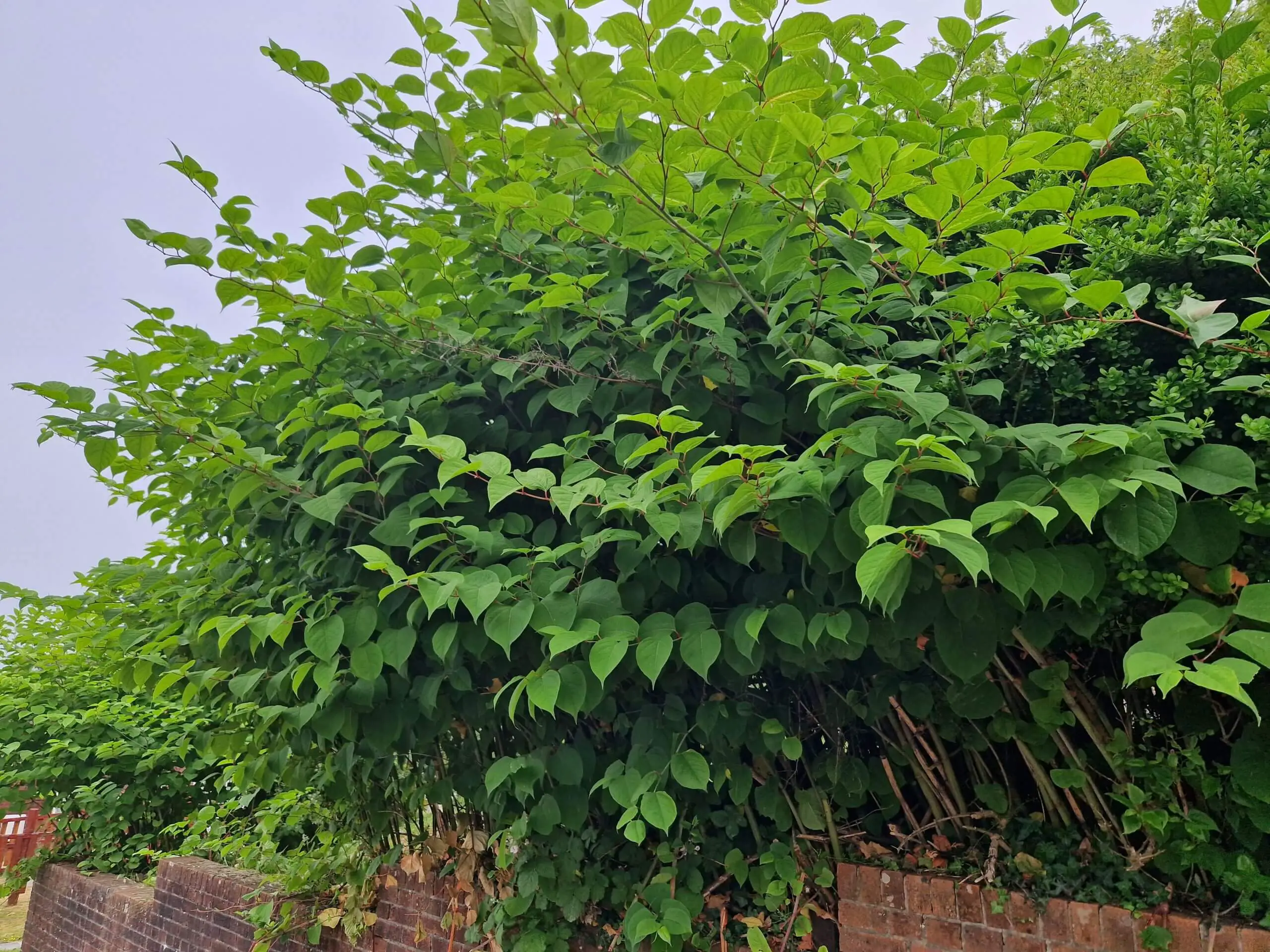
The study’s co-author Dr. Richard Shaw, a Cabi member, stated in a statement that it was published in the journal Biological Invasions and that it “shows again the significant costs of Inns to the UK economy.” These statistics hardly reflect the specific management initiatives of the Inn. They do, however, emphasise the importance of continuing with prevention and early identification, then eradicating the highest-risk species before establishment.
In February, the GB Invasive Non-native Species Strategy, which draws upon CABI’s research, was published to provide a strategic framework within which the actions of government departments, their related bodies and key stakeholders can be better coordinated.
Defra Head of GB Non-Native Secretariat, Niall Moore, said, “Invasive Non-Native species pose a serious threat to our natural environment and this Government is taking action through the recently launched GB Invasive Non-Native Species strategy, to protect our native animals and plants from INNS.”
“CABI’s research reveals the significant financial impact of INNS. It is vital that we work together with researchers, scientists, and others, who are working to tackle INNS, to prevent their entry into and establishment in Great Britain and, when they do become established, to mitigate their negative impacts.”

